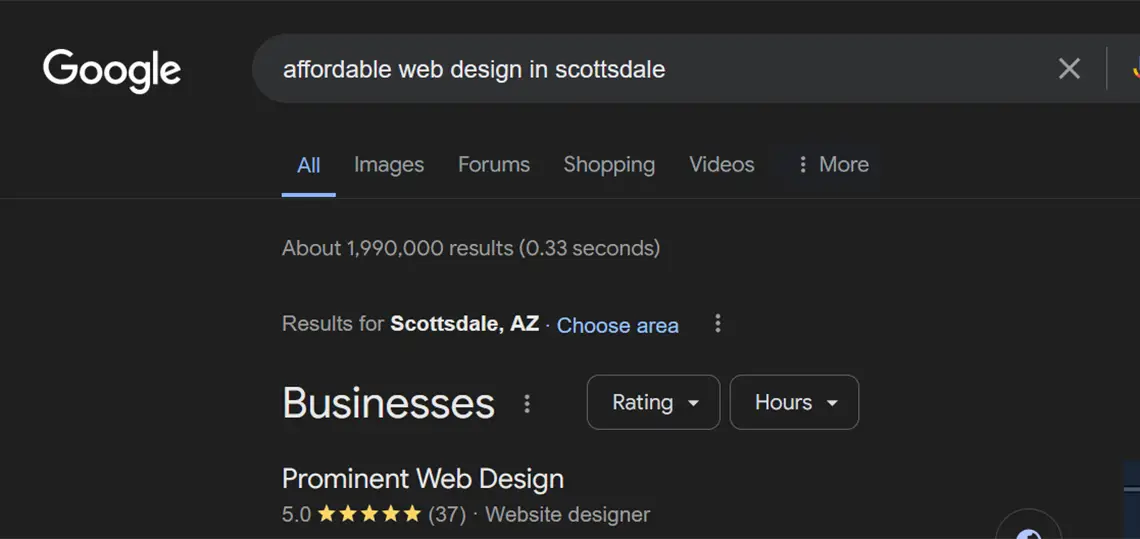
Keyword optimization is the cornerstone of any search engine optimization (SEO) effort, because it can help search engines, like Google, determine what a web page is about and whether it should be served in the SERPs to its users.
Thus, to effectively implement SEO, you must first do the necessary keyword research and then employ an effective keyword strategy. This means that after researching the long-tail and short-tail keywords for which you would like to rank organically in the search engines results pages (SERPs), you must also determine whether they are likely to drive the relevant traffic needed to achieve your online sales goals.
Short-tail Keywords
Short-tail keywords are brief and general terms that typically consist of one or two words. These keywords have high search volumes, but are more competitive. For example, “shirts” or “web design” would be considered short-tail keywords. While short-tail keywords can potentially attract a more traffic since they are searched more often, ranking for such keywords may be more difficult due to the high level of competition for such broad search terms.
Long-tail Keywords

In contrast, long-tail keywords are more precise and lengthy phrases that target a smaller audience. These keywords usually consist of three or more words and are less competitive than short-tail keywords. For instance, “best wireless keyboard for under $30” or “affordable web design in Scottsdale” are examples of long-tail keywords. While long-tail keywords may have lower search volumes, they generally have higher conversion rates as they cater to users with specific intent.
Benefits of Long-tail Keywords
Long-tail keywords offer many benefits from an SEO standpoint. For one, they facilitate higher conversion rates because they are searched by those who may be closer in their journey to buying a product or service, compared to those who search more general and broad, short-tail keywords.
Additionally, long-tail keywords can enhance the relevance of your content. This in turn, can result in higher SERPs. Thus, when targeting long-tail keywords, you are likely to gain better quality traffic, which may have a greater likelihood of increased website visitor engagement.
Why Not Use Both Types of Keywords?

While there are pros and cons for both short-tail and long-tail keywords, it may be better to utilize a mix of both in your SEO strategy. Doing so can yield better long-term results than using just one or the other. Thus, by striking a balance between the use of short and long-tail keywords, you get the best of both worlds. And this can maximize your website’s SERPs potential.